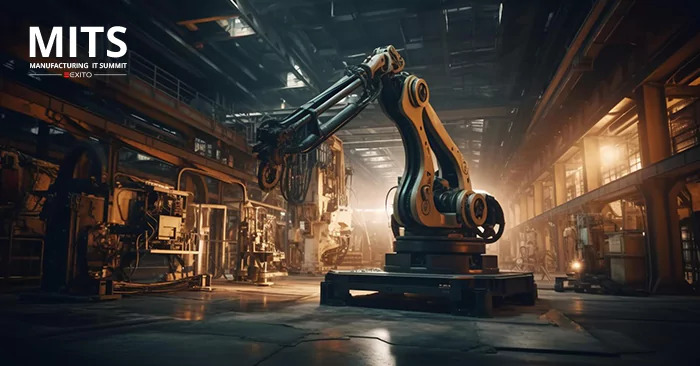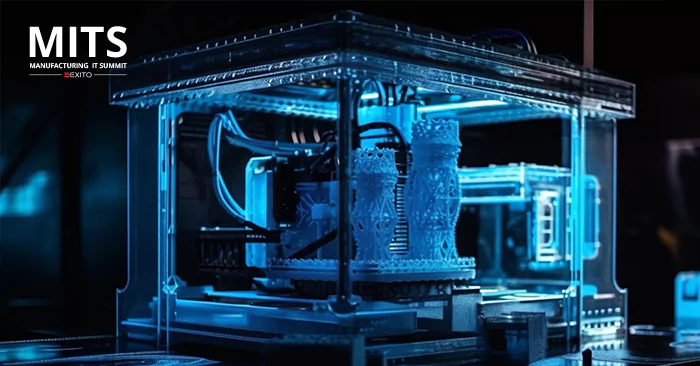Today’s manufacturing industry is under pressure to meet rising demands for quicker delivery and increased throughput. Manufacturers can use cloud technology to address these demands. All levels of the manufacturing industry will use this technology in the future to stay more securely connected to consumers and the supply chain.
Manufacturing efficiency already relies on connectivity. Manufacturers must adhere to technology standards used throughout the supply chain to stay connected and address issues quickly.
According to Gartner, cloud services spending is expected to climb 23.1 percent to $332.3 billion in 2021, up from $270 billion in 2020. Cloud-based technology is no longer a disruptor in the manufacturing scene; instead, it is the way of the future.
Manufacturing has entered a new era known as Industry 4.0, characterized by digital change. Industry 4.0 technologies, such as artificial intelligence, machine learning, and Industrial IoT connectivity, rely on cloud computing for data storage and information processing.
Modern manufacturing with cloud computing
By digitizing practically every aspect of current manufacturing operations, information technology is revolutionizing the global manufacturing economy, a phenomenon termed Smart Manufacturing or Industry 4.0.
Cloud computing, along with other core technologies including next-generation wireless, improved sensors, high-performance computing, and computer-aided design, engineering, and manufacturing software, is critical to the smart manufacturing revolution.
Cloud computing technologies will impact virtually every facet of modern manufacturing organizations. Cloud computing will impact how businesses run their operations at the corporate level, from enterprise resource planning (ERP) and financial management to data analytics and workforce training.
Manufacturers’ integration with industrial supply chains will also rely heavily on the cloud. Cloud computing will change everything about manufactured products, from how they are researched,created, and produced to how they are fabricated and manufactured to how customers utilize them in the field.
In addition, cloud computing will be critical in allowing and democratizing new manufacturing production systems like 3D printing (also known as additive manufacturing), generative design, and the Industrial Internet of Things. In reality, digital services like cloud computing now account for at least 25% of all inputs used to create finished manufacturing goods.
Building future-ready manufacturing enterprises
In the new virtual paradigm, cloud software, platforms, and infrastructure have helped businesses enhance resilience in key business sectors, enable online collaborative working environments, and drive consumer interaction. According to PwC, cloud migration is a top priority for 59% of manufacturing COOs looking to improve their performance in the post-COVID marketplace. Manufacturers looking to the future are investing in cloud ERP software and applying it to empower their employees and customers.
Companies have also begun to reinvent their business strategies in response to changing customer demands. Servitization and Business to Business to Consumer (B2B2C) strategies include enhancing agility, increasing revenues, and assisting in developing long-term customer connections. The first step in this process is to move enterprise applications to the cloud. According to a Infosys report, 54% of those surveyed wanted to use the cloud as the foundation for digital transformation.
Conclusion
Cloud computing has infiltrated practically every aspect of modern production, resulting in a shift in how products are developed, manufactured, and used.
Cloud computing has numerous advantages for both large and small manufacturers, including reducing innovation cycles, accelerating time to market, facilitating collaboration, supporting supply chain integration, enabling new business models, improving operational efficiency, lowering costs, and improving employee and customer satisfaction. Therefore, cloud computing has become a critical underlying platform technology for enabling smart manufacturing and equipping the industry for the future.
Learn more at Manufacturing IT Summit
Event Organized by Exito Media Concepts














